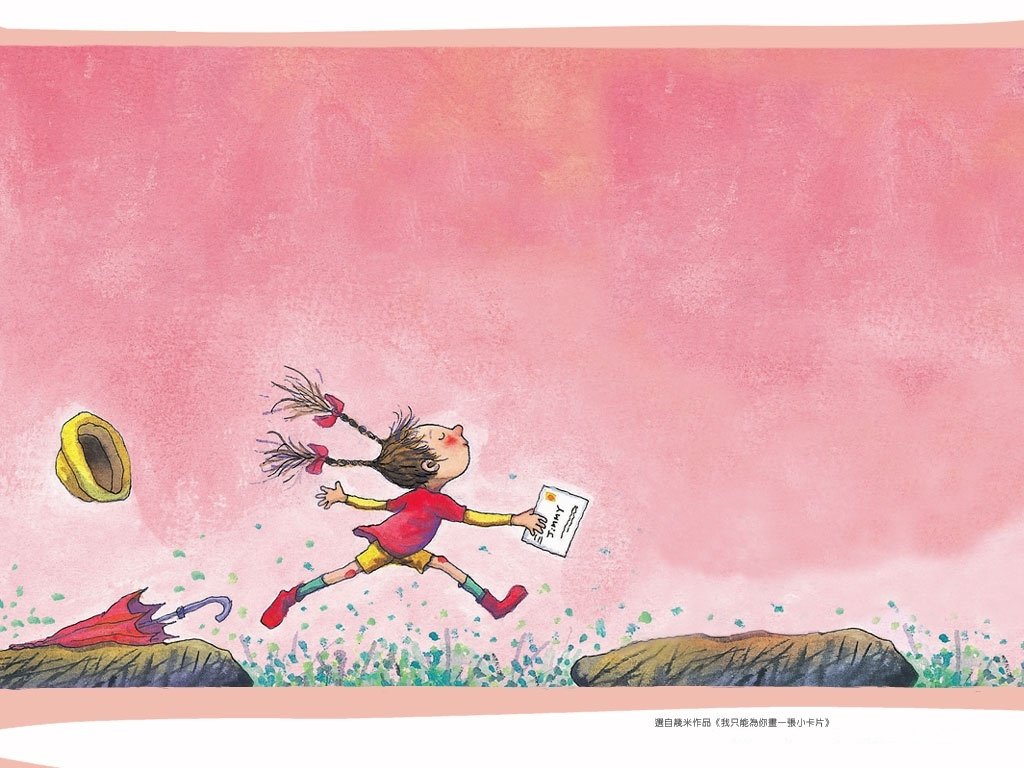The European Union has made a historic decision to combat plastic pollution by banning single-use plastics. This landmark decision is a significant step towards a more sustainable future, as plastic waste poses a severe threat to our environment and marine life. This article will explore the EU's decision to ban single-use plastics, its potential impact, and the challenges that lie ahead in the fight against plastic pollution.
The Ban on Single-Use Plastics
In March 2019, the European Parliament approved a ban on single-use plastics, which will come into effect by 2021. The ban targets the top ten single-use plastic products that are most commonly found on European beaches, including straws, cotton buds, and cutlery. Other products such as food containers and beverage cups made of expanded polystyrene, as well as products made of oxo-degradable plastics, will also be banned.
The EU is taking a comprehensive approach to the problem by requiring member states to reduce the consumption of other single-use plastics by at least 25% by 2025. This includes products such as food and drink packaging, plastic bags, and wet wipes. The EU is also mandating that member states take measures to increase the recycling of packaging and fishing gear.
The Impact of the Ban
The EU's decision to ban single-use plastics is a significant milestone in the fight against plastic pollution. It is estimated that 80% of marine pollution comes from land-based sources, with single-use plastics as a significant contributor. By banning these products, the EU hopes to reduce the amount of plastic waste entering our oceans and waterways.
The ban is also expected to drive innovation towards more sustainable alternatives to single-use plastics. This global push towards sustainability could potentially create new business opportunities and jobs in the green economy.
Challenges Ahead
While the EU's decision is a significant step forward, there are still challenges to overcome in the fight against plastic pollution. One issue is enforcement. The EU must ensure that member states comply with the new regulations and take action against non-compliance.
Another challenge is addressing the root causes of plastic pollution. The demand for single-use plastics must be reduced, and a shift towards a more circular economy must be adopted. This means prioritizing reuse, repair, and recycling over single-use products.
Lastly, more must be done at a global level to tackle plastic pollution. The EU must work with other nations to promote sustainability and reduce plastic waste. This includes supporting developing countries in building their own recycling infrastructure and promoting sustainable business practices globally.
Conclusion
The EU's decision to ban single-use plastics is a significant step forward in the fight against plastic pollution. It is proof that when nations work together, real progress can be made towards a more sustainable future. While there are still challenges to overcome, the EU's decision serves as a positive example and inspiration for other nations to take action towards a more sustainable future.
















































